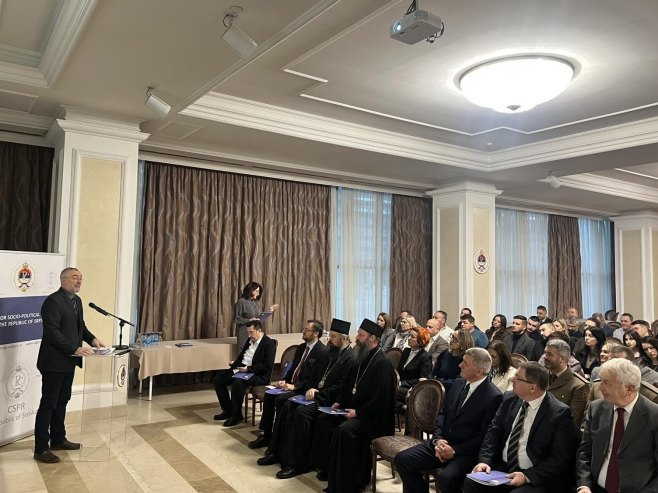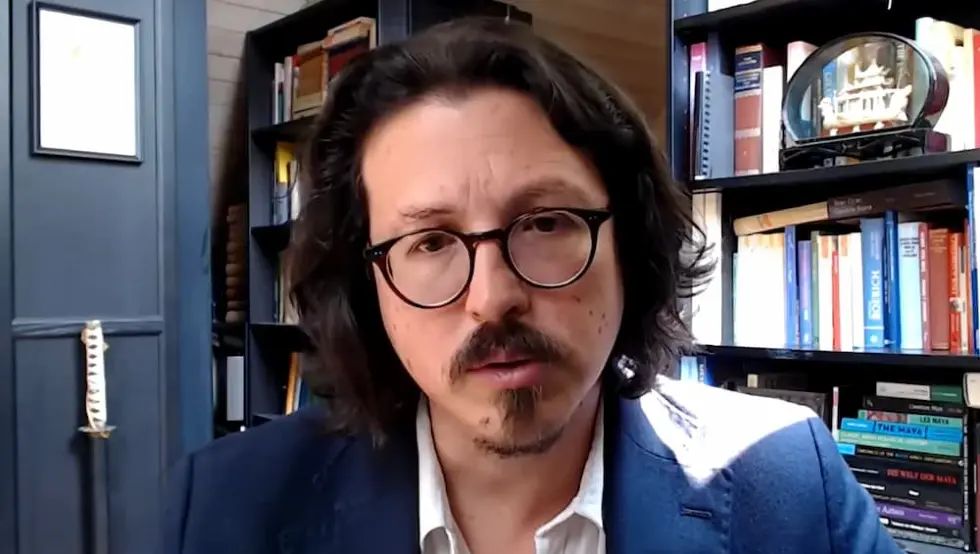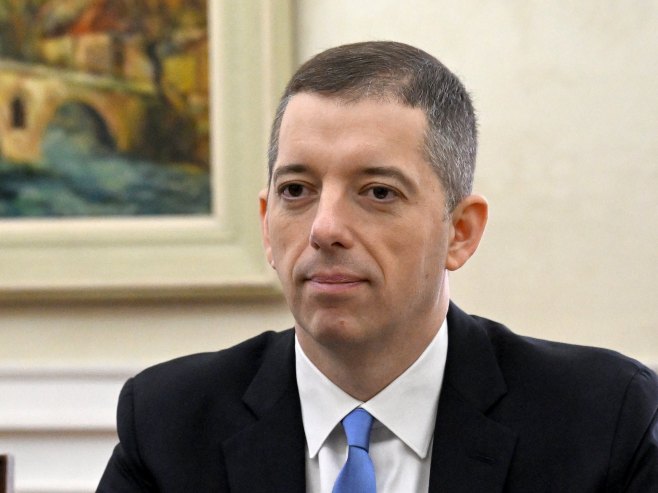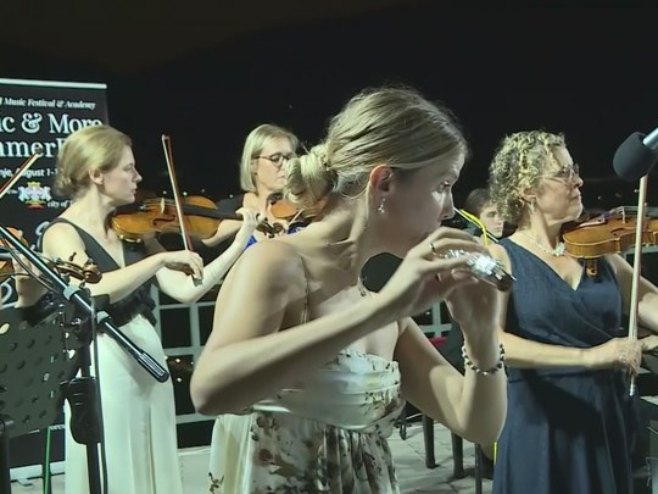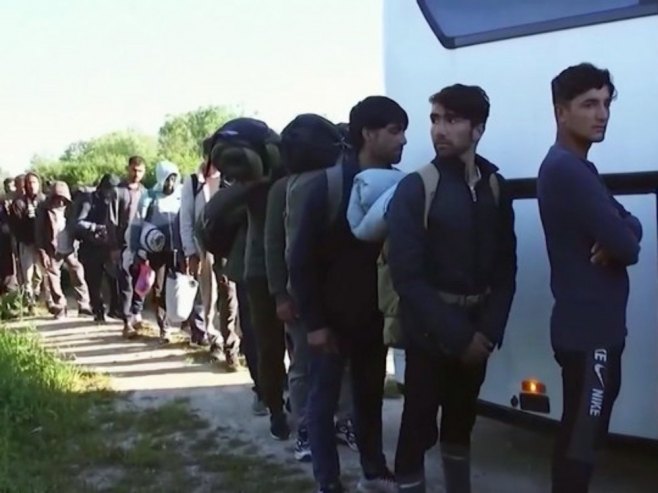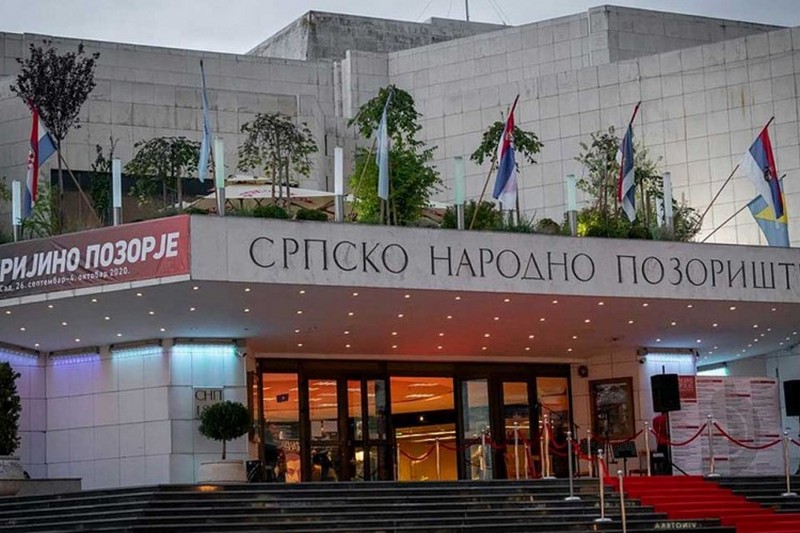The long-term future of the Serb people lies in Europe, but that does not necessarily mean joining the European Union, said David Engels, a Belgian historian and philosopher, in an interview with RTRS.
“When you look at Europe’s border regions — southern Spain, southern Italy, the Balkans, or the area between Poland, Ukraine, and Belarus — you can see overlapping civilizations: Islamic, Russian, and remnants of Byzantine culture. These are mixed territories, without a clear line dividing civilizations. Their identity is, to some extent, shared — unlike that of people living in the core of Western Europe,” Engels explained.
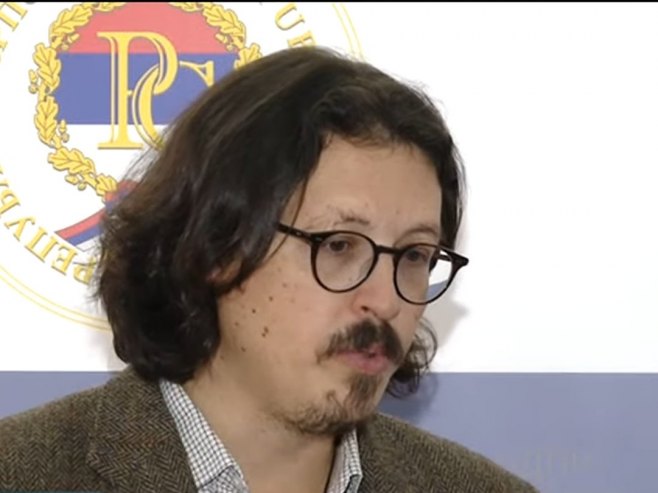
He believes the Serbs’ long-term future is undoubtedly tied to Europe — but warns against rushing into EU membership.
“That doesn’t mean Serbia should join the EU right now. I know that the EU, the euro, and the push for a unified army and education system are not things I would recommend to conservative parties — they could be dangerous. In the long term, however, Serbia’s future lies in cooperation with its neighbors,” he said.
Engels added that while he would personally welcome Serbian representation in the European Parliament, he understands skepticism toward EU integration.
“It would be better for Serbs to be heard directly, rather than for others to speak about them. Even if they remain outside these structures for now, they should cooperate with patriotic movements across Europe — in Romania, Hungary, Croatia, Italy, and Germany — those who share values of Christianity, family, and social solidarity,” he said.
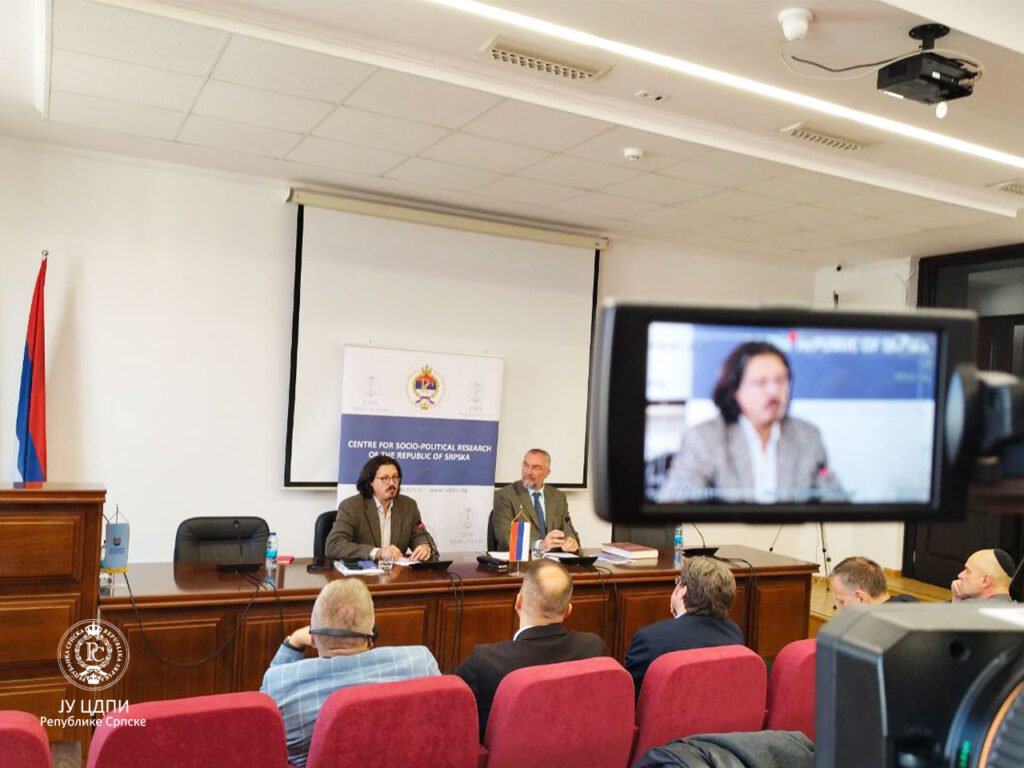
Engels emphasized that building connections and mutual understanding with like-minded Europeans is essential for Serbia’s voice to be heard and respected.
“Once others truly hear them, they will gain sympathy and support — and eventually be fully integrated into what I hope will become a renewed European civilization,” he said.
However, he warned that small nations like Serbia risk becoming dependent on external powers if they remain isolated.
“If Serbia stays outside, it could become dependent on patrons such as Russia, China, or the United States,” he noted.
Drawing on his seven years working in Poland, Engels said the Polish experience demonstrates that a country can defend its Christian and national identity while still playing an important role in Europe.
“Poland once saved Western civilization from Islam. Yet, in Western media, these people are unfairly labeled as Eurosceptics or anti-European just because they defend Christian values or family,” Engels said.
He added that Serbia and Republika Srpska face challenges similar to those confronting conservative movements across Europe.
“What Serbia and Republika Srpska are experiencing is something most European conservatives can relate to. We all fight similar cultural battles — the differences are mostly national and historical,” he said.
Concluding, Engels argued that the future of Europe must not be centralized, but federal and diverse, respecting the unique traditions of its nations.
“We live in a time when European conservatives are beginning to realize that we are fighting the same battles. That gives us far more allies than we might think — and that is our strength,” Engels concluded.
Source: RTRS

